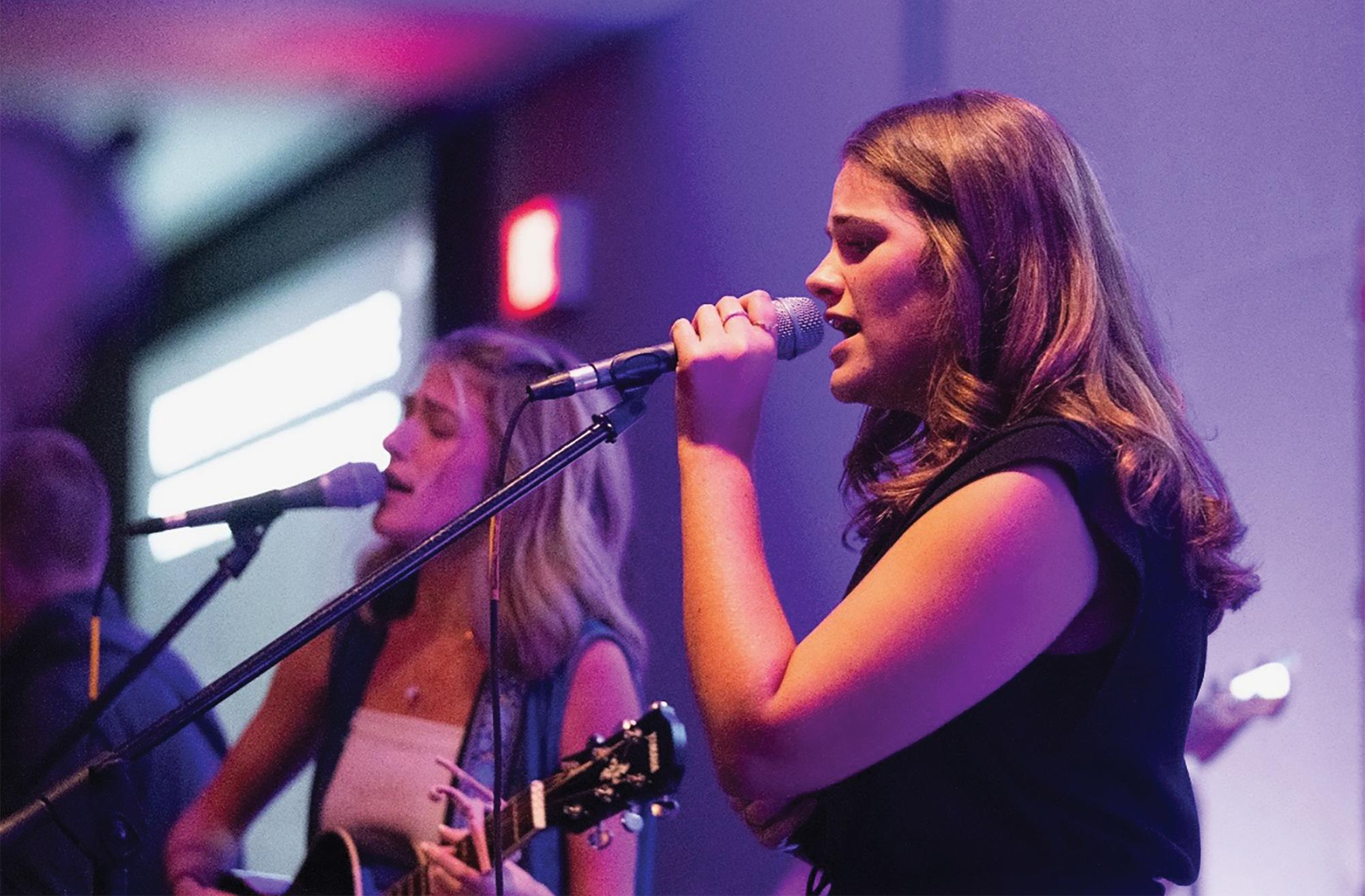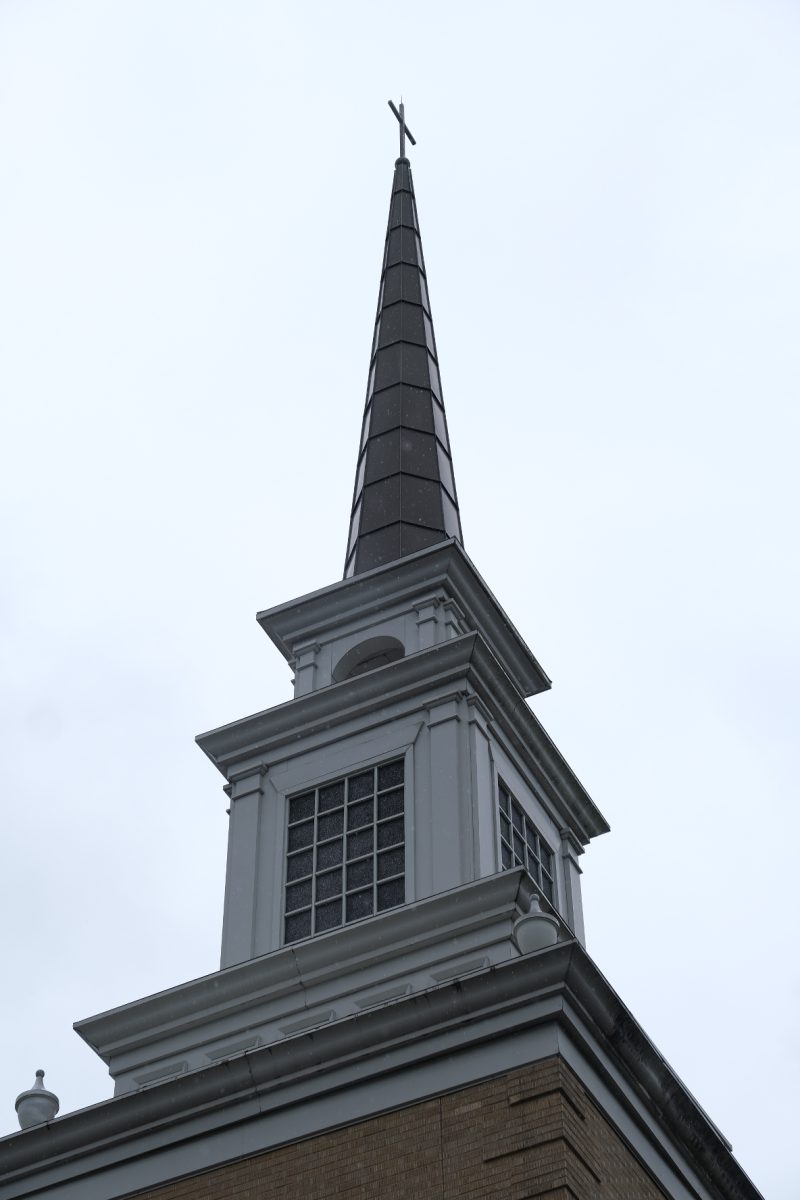A quiet hike. A late-night conversation. A weekly service. Students at App State engage with spirituality in ways that are personal and varied.
Spiritual wellness is one of the eight dimensions of wellness outlined by App State’s Wellness and Prevention Service, defined on its website as “the intersection of an individual’s values and beliefs that provides them with an understanding of their purpose in life.”
That purpose can take many forms — on campus, in nature or in everyday moments.
“Some people can go for a hike or watch the sunset, and that’s their spiritual moment,” said Judy Haas, the dean of students.
Support for spiritual life at App State includes the Appalachian Spiritual Life Association. According to its website, ASLA “promotes a spiritual climate” and provides “a safe and nurturing environment” for students’ spiritual growth and development.
“We are all like this great big puzzle. There’s occupational, physical, social, emotional and there is a part that is spiritual,” Haas said. “We all have to define what that means for us, it is part of who we are.”
Founded in the 1980s to unite campus spiritual groups, ASLA connects 16 member organizations under one umbrella. These groups range across different faiths and belief systems, and all agree to a set of bylaws. To join, organizations must go through an application process. According to their bylaws, a non-student representative is designated by the governing body of the student group to represent the organization.
ASLA meets monthly to discuss events such as the Appalachian Spiritual Life Fair, held every August to connect students with spaces to grow their spirituality, and other interfaith gatherings.
“Post-hurricane, we held a candlelight vigil on that first day back to school,” said Juston Smith, ASLA president. “It was not a specific religious group that led; we were under that umbrella.”
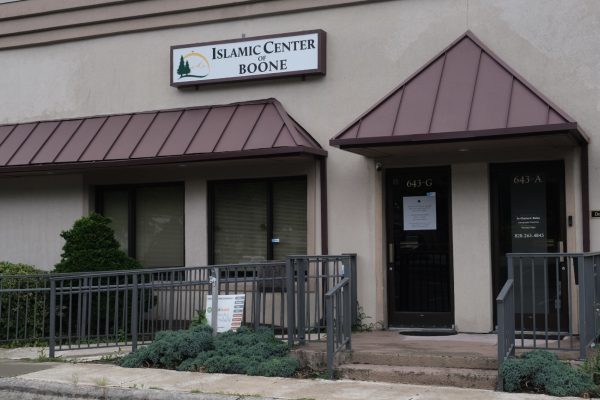
Smith said the group is working to reestablish its presence and clarify its role for students.
“Our goal starting this summer is to work on our unified front and do things in how we represent ASLA to students on campus,” he said.
ASLA also acts as a connector between students and resources, including counseling and other campus services.
“We want students to feel these are safe spaces to share what’s going on. If they need counseling or another kind of support, we’ll help them get there,” Smith said.
Haas described ASLA as “a dotted line connection to the university,” helping to provide spiritual support while giving students freedom to define what that means for themselves.
While ASLA connects many campus-based spiritual groups, it doesn’t encompass all of them. Jesse Vinson, associate director of Campus Activities – Clubs & Organizations, confirmed in an email that Engage currently lists 23 registered religious and spiritual organizations.
Some of these groups operate independently from ASLA while still offering space for worship, reflection and community. Others maintain ties to local houses of faith in Boone.
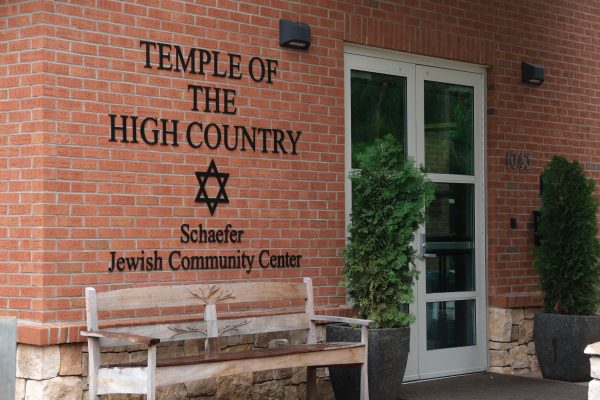
Off-campus organizations like the Temple of the High Country, the Islamic Center of Boone and Boone United Methodist Church regularly engage with students through services and events.
For sophomore psychology major Gabi Derrow, seeing the Temple of the High Country while driving down King Street for the first time was an unexpected comfort.
“My mom was like, ‘Oh my gosh, I cannot believe this,’ and when my dad came to visit, I got to bring him to services that weekend,” she said. “It felt really nice knowing there was a place for us here.”
Derrow is the president of App State Hillel, the university’s Jewish student-based organization. She said the presence of Jewish spaces was a consideration in her college decision.
“Coming to college, we were very worried about having a safe and welcoming environment because nowadays on college campuses, you can see a lot of antisemitism,” Derrow said. She said having an active Hillel and a synagogue nearby has made her feel more connected and supported at App State.
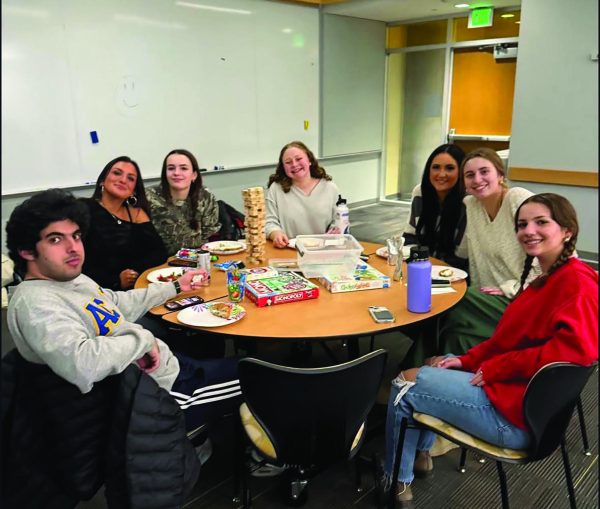
For her and others, Hillel creates a space where students can connect, whether through holiday celebrations, social events or simply shared understanding.
“Whether or not you’re super religious or spiritual,” Derrow said, “you can still find a community and people that are there for you.”
Ginny Vellani, the director of North Carolina Hillel Link, emphasized the organization’s openness.
“Hillel is a resource for any student on campus,” Vellani said. “Whether they want to learn more about the Jewish community or a connection they have, we’re happy to be an educational resource for other groups or communities that want to learn more.”
The spirit of openness, she said, extends to interfaith engagement through ASLA.
“Whatever community you’re a part of, whether you’re identifying with it religiously, spiritually, culturally, there are ways to work together as an interfaith community,” Vellani said. “Even though there may be differences, we can find a lot of commonality and a lot of common ground.”
For some students, religious organizations play a central role in building community and navigating the challenges of college life.
Jameson Apple, a sophomore building sciences major, said Cru — a Christian campus ministry — has shaped a large part of his time at App State.
“Honestly, I’m not sure if I would still be in college right now if it wasn’t for Cru,” Apple said.
He described finding a community through the organization’s weekly gatherings, small groups and mentorship. For Apple, faith became a grounding force during moments of stress or uncertainty.
“College is a time where you can form yourself, your beliefs, and ultimately your personality comes out a lot in college, and faith can be the root of that,” Apple said.
For students looking to explore or grow their spiritual life at App State, help is just a conversation away.
“I think that would be the greatest route a student can take, no matter where they’re at — to go to the third floor of the union to the Dean’s office and say what they need, and I guarantee they will get where they need to be,” Smith said.
There’s no single path to spirituality on campus. Whether through formal worship, quiet reflection or shared community, students are encouraged to find what resonates with them.
“It’s the ‘Who am I?’ and that’s what college is all about,” Haas said. “Hopefully, by the end of your time here, that’s when you become more affirmed of who you are and what that looks like.”


